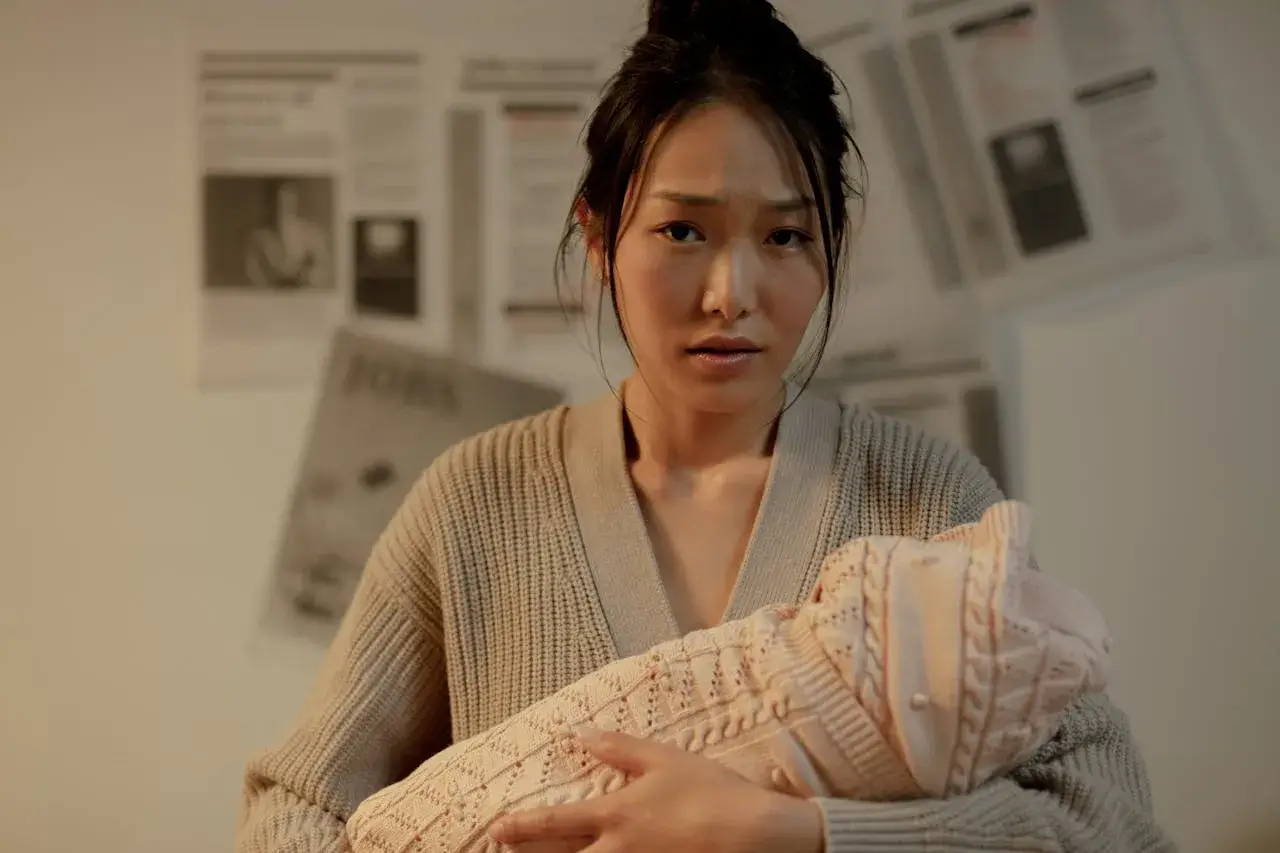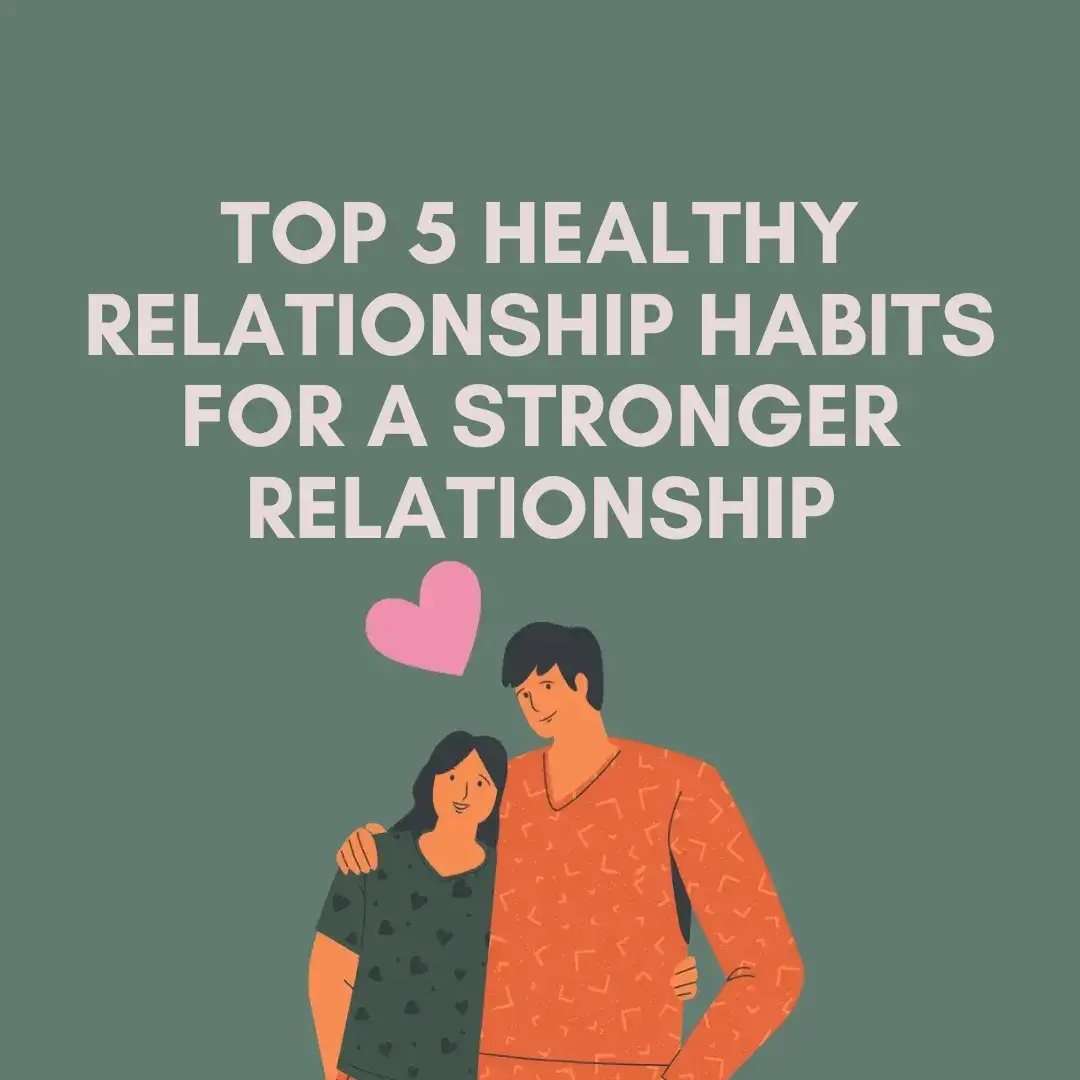Make Your Attachment Style Work
for Your Relationship
Follow Us on Social 😊🧠
Understanding Your Attachment Style
We define our attachment style through assessing our patterns of how we think, feel, and behave in relationships. They start forming in early childhood and are influenced by how we interacted with our primary caregivers. As adults, these styles play a crucial role in how we connect with others, especially in romantic relationships.
Recognizing Your Attachment Style
How do you identify your attachment style? It’s about introspection. Do you feel secure and confident in your relationships, or do you often feel anxious about your partner’s feelings towards you? Maybe you find yourself pulling away when things get too close. Recognizing your style is the first step to making it work for you.
Your attachment style can significantly influence your relationship dynamics. For instance, two anxious types might constantly seek reassurance from each other, while an avoidant and an anxious might struggle with a push-pull dynamic.
The Four Types of Attachment Styles
Each style affects how you perceive and behave in relationships:
Secure Attachment
Individuals feel safe and comfortable with intimacy and independence.
Securely Attached individuals generally have healthy, trusting relationships.
Fearful-Avoidant Attachment
A combination of anxious and avoidant, often confused and fluctuating in relationships.
Avoidant Individuals (both dismissive and fearful) might struggle with intimacy and may seem distant.
Anxious Attachment
There’s a fear of abandonment and an intense desire for closeness.
Anxiously Attached individuals may need constant reassurance and fear abandonment.
Avoidant Attachment
There’s a preference for independence, often avoiding closeness.
Navigating Relationship Dynamics Within Your Attachment Style
Think of attachment like a dance. If you understand the steps of your partner’s attachment style, you can move more harmoniously together. This means adapting your responses and expectations to better align with their attachment needs or sharing your attachment needs so that your partner shares the same awareness and can become more attuned.
Strategies for Each Attachment Style
Strategies for Anxious-Preoccupied Attachment
- Seek Self-Validation:
- Instead of looking for constant reassurance from your partner, focus on building your self-esteem.
- Communicate Effectively:
- Express your needs and fears without accusations or drama
- Practice Self-Soothing:
- Develop techniques to calm your anxiety, like meditation or journaling.
Strategies for Dismissive-Avoidant Attachment
- Recognize the Value of Intimacy:
- Understand that emotional closeness is not a threat to your independence.
- Open Up Gradually:
- Take small steps to share more of your thoughts and feelings with others.
- Reflect on Past Influences:
- Consider how past experiences might shape your current behavior.
Strategies for Fearful-Avoidant Attachment
- Work on Trust Issues:
- Therapy can be particularly helpful in addressing trust issues.
- Balance Intimacy & Independence:
- Learn to be comfortable with both closeness and personal space.
- Mindfulness Practices:
- These can help in managing fluctuating emotions and fears.
Strategies for Secure Attachment
- Maintain Balance:
- Continue to nurture a balance of independence and intimacy in your relationships.
- Support Partners with Different Styles:
- Understand and support partners who might have insecure attachment styles.
- Model Healthy Relationships:
- Your secure attachment style can positively influence others.
Building Secure Relationships

Regardless of your style, you can work towards a more secure attachment. This involves building trust, maintaining healthy boundaries, and being open to discussing your needs and fears. Over time, attachment styles can evolve. In long-term relationships, it’s important to continuously nurture and be aware of each other’s attachment needs, adapting as you both grow and change.
Seek Professional Help if Needed
Therapy can be a powerful tool in understanding and working through your attachment style. It provides a safe space to explore and heal from past traumas that may be influencing your current relationship dynamics.
If you’re struggling with your attachment style or within your relationships, especially if it’s causing significant distress in your life, consider seeking help from one of our therapists who can provide you with:
- Personalized Strategies & Support
- Psychoeducation Around Your Needs and your relationship patterns
- Teach and Reinforce Skills Related to Self-Awareness
- Support for Change & Growth
Final Thoughts on Attachment Styles & Relationship Dynamics
Understanding your attachment style is a journey of self-discovery that can significantly enhance your relationships. By being mindful of your patterns and working towards change, you can develop healthier ways of connecting with others. Your attachment style is not your destiny.
By recognizing your patterns and working towards a more secure attachment, you can enhance not only your romantic relationships but also your friendships and family dynamics. Remember, change takes time and effort, but the benefits to your emotional and relationship dynamics are well worth it.
FAQ's about Online Therapy at
Mind by Design NJ
How do I get started as a new client?
- Click to:
Call
Text
Email
Visit our Contact Page
Do you offer traditional talk therapy?
of course! though we have some unconventional therapy approaches, we are rooted in evidenced based practices. Talk therapy is a major player in the therapy room! See What we Treat and Integrative Services for more information
Does my insurance cover my visits?
Uur goal it to decrease stress and anxiety, so we understand that the financial commitment to therapy is something to consider! We provide OON billing for clients who decide to bill their insurance for services. A “Superbill” can be provided to you for potential reimbursement of services. To know if you have to OON benefits, you can call your insurance company and ask about the process of receiving these benefits.
Our Insurance Page shares a small blurb about Why We Left Insurance Panels
What is the difference between associate therapists & fully licensed therapists?
See our “Affordable Therapy” Page for info on licensing and costs of therapy.
LAC/LSW are therapists who may practice clinical work under the supervision of a fully licensed therapist.
LPC/LCSW are therapists who have completed the necessary clinical hours post-graduation under supervision and can practice clinical work independently.
What is your cancellation policy?
We ask that clients provide at least 24 hours notice in the event that they need to cancel to avoid the 50% cancellation fee. we understand that life happens and do our best to be flexible & reschedule.
What is Virtual Reality Therapy (VRT)?
VRT is an immersive tool that helps clients to explore environments that can not be traditionally explored in therapy. Visit our VR page for more info and to watch our infomercial
What is VRT used for?
we use VRT to support Exposure Therapy, a long standing traditional therapy modality to treat phobias, anxiety and stress. we send a headset directly to your home so you can access VRT from anywhere.
VRT not only helps with exposure therapy for phobias, but is great for ADHD, mindfulness, PTSD and social anxiety.
How does the process work?
- Fill out a consult request below or reach out to us directly.
- our phone number is 609-300-6481, call or text
- MBD will respond within 24 business hours
- You will get access to the patient portal to complete the intake paperwork
- Once the paperwork is submitted and reviewed we confirm your intake appointment
- Prior to your intake, you will receive a link to access the telehealth session.
Do You Offer Free or Reduced Therapy?
Yes! We offer a sliding scale as well as reduced fee therapy for clients working with out graduate interns. To learn more visit: Reduced Fee Therapy





